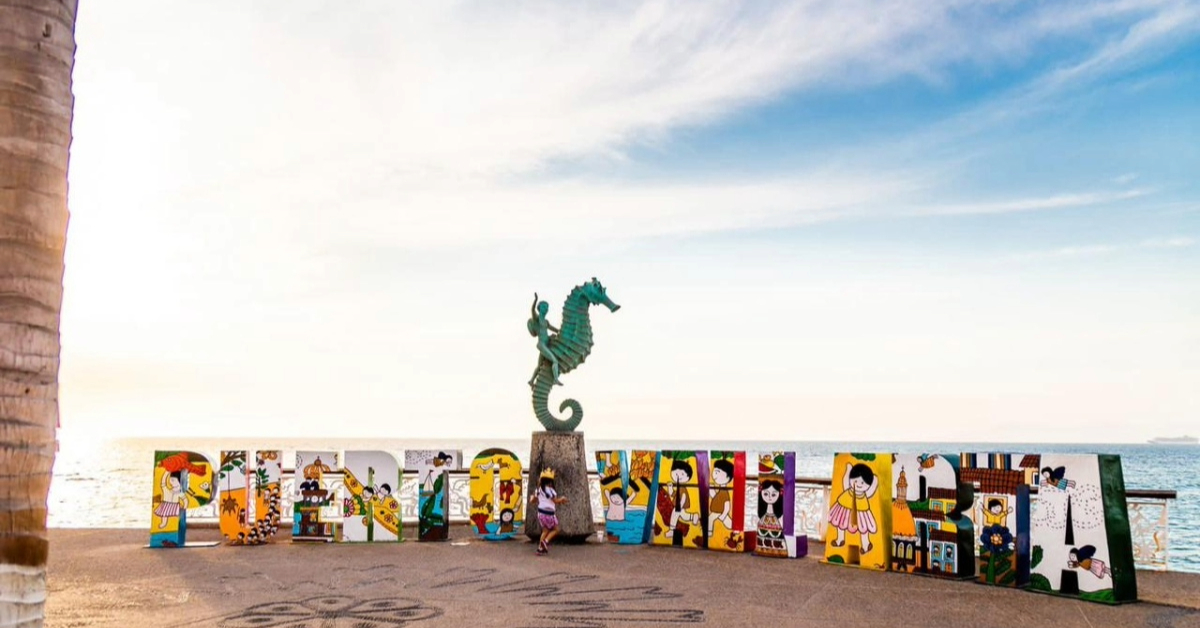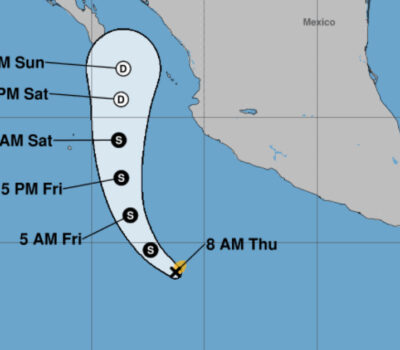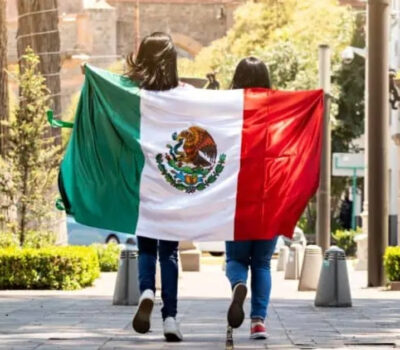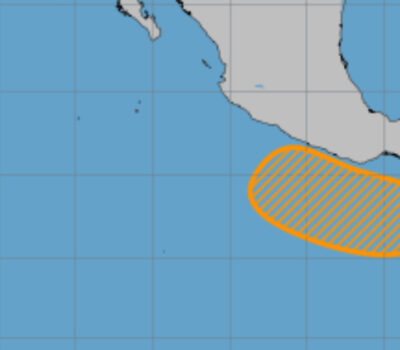Puerto Vallarta’s municipal Transit Department is facing a fresh corruption scandal after two local residents publicly accused three traffic officers of extorting a 1,000-peso bribe—paid not in cash but by Mercado Pago bank transfer, an innovation that stunned even veteran anti-graft campaigners.
On the night of Friday, 25 April, the two young men were driving to Gustavo Díaz Ordaz Airport to collect a relative when a Transit patrol intercepted them near the Las Flores junction. Officers claimed the pair had run a red light and threatened to impound the vehicle unless an immediate “arrangement” was made.
According to the victims’ sworn statement—later shared with Tribuna de la Bahía and CPS Noticias—the patrol initially demanded 3,000 pesos in cash. When the men said they had no cash and barely 1,000 pesos in their account, an officer cool-headedly asked, “¿Cuánto tienes disponible en tu banco?” and then dictated a 16-digit card number for an instant transfer. The transaction was completed on the curb via a mobile app, and only after the digital receipt was shown were the men allowed to leave.
Seventy-two hours later, the primary victim downloaded a Comprobante Electrónico de Pago (CEP) from Banco de México and learned that the account holder was Oscar Daniel U. L., an active traffic officer on the municipal payroll. Internal transparency records confirmed his employment, and the victims immediately recognised him from a social-media photograph provided by reporters.
“We don’t want the money back, we want this to stop”
In messages to the press, the men stressed that their goal is not reimbursement but systemic change:
“If they can pressure citizens for a transfer today, what comes next? We need clean officers on our streets,” one wrote.
Local anti-corruption advocates say the case illustrates how mobile banking is being exploited to leave no fingerprints—only digital ones—on extortion payments.
As of Tuesday afternoon the city’s Public Security Directorate and Mayor Luis Ernesto Munguía had not issued a formal statement. Sources inside the department told this outlet that Internal Affairs investigators have begun reviewing the CEP, traffic-camera footage and the officers’ body-cam logs.
The Transit Division has endured a string of controversies this month. Just eight days earlier, a traffic officer was jailed pending investigation into a fatal patrol-car collision that killed a motorcyclist on Avenida Francisco Medina Ascencio. Critics argue the latest extortion claim underscores the need for an external audit of the force.
What happens next
- Administrative probe: The municipal comptroller’s office must decide whether to suspend the accused officers while the case proceeds.
- Criminal charges: Under Jalisco’s Penal Code, extortion by a public servant is punishable by up to eight years in prison.
- Financial trail: Banco de México records could be pivotal, as digital transfers create an audit trail that courts increasingly accept as primary evidence.
For residents and visitors alike, the takeaway is clear, says civic watchdog Vallarta Transparente: “Never pay bribes—digital or cash. Photograph officers’ name plates, record the interaction if possible, and file a complaint.”
Puerto Vallarta’s municipal Transit Department is facing a fresh corruption scandal after two local residents publicly accused three traffic officers of extorting a 1,000-peso bribe—paid not in cash but by Mercado Pago bank transfer, an innovation that stunned even veteran anti-graft campaigners.












